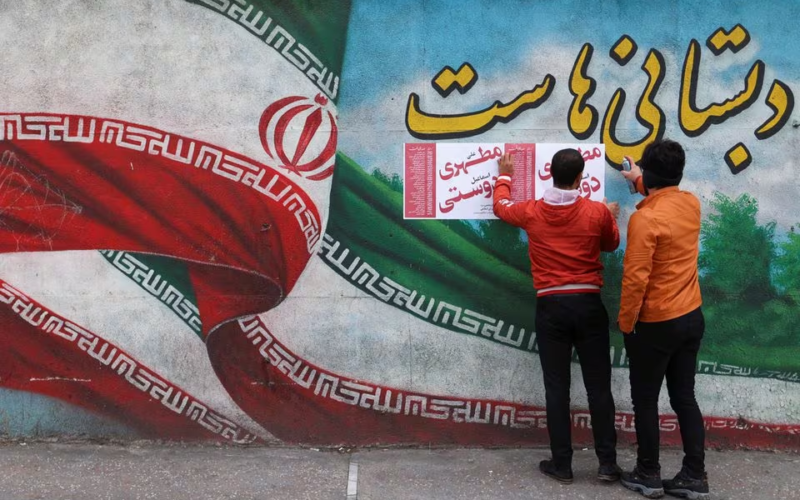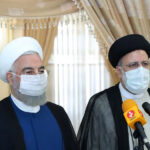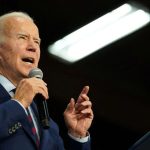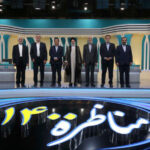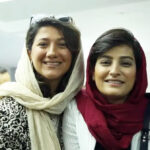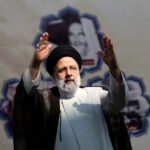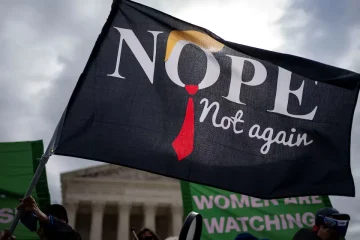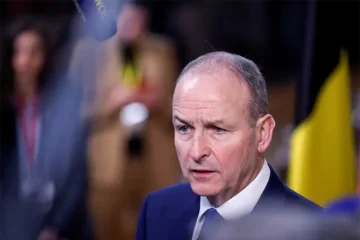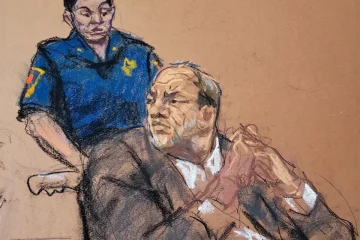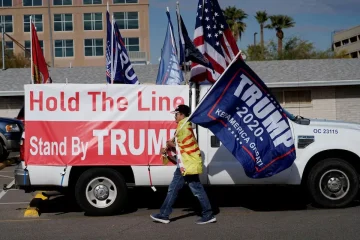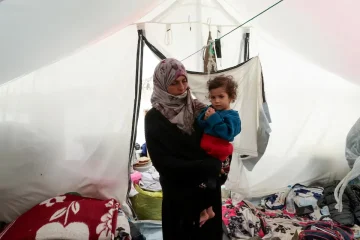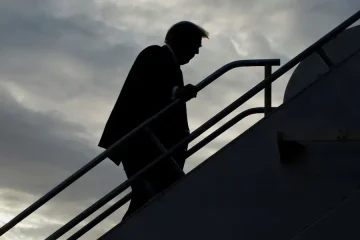IRANIANS will vote in a parliamentary election on March 1 seen as a litmus test of the clerical establishment’s popularity amid growing discontent over economic, political and social strains.
Iran’s clerical rulers are seeking a big turnout to shore up their legitimacy, damaged following months of mass protests ignited by the death in custody of a young woman in 2022.
On the same day as the parliamentary vote, Iran holds elections to pick 88 members of a powerful clerical body known as the Assembly of Experts, which is tasked with appointing or dismissing the supreme leader.
Following are some facts about Iran’s election process:
* CANDIDATE VETTING
– A record number of more than 15,000 candidates for the 290-strong parliament survived screening by the Guardian Council, almost 75% of total hopefuls originally registered to run, according to the interior ministry.
The Council is a hardline body of clerics and jurists who assess commitment to Islam, belief in the system of religious law and in the Islamic Republic.
– The hardline watchdog body has qualified 144 clerics of 510 hopefuls who had registered to run in the Assembly of Experts’s vote. A current member of the elite body, pragmatist former President Hassan Rouhani, was barred from entering the race by the Guardian Council.
* POLITICAL PARTIES, COALITIONS AND FACTIONS
– Despite 103 national and provincial parties counted by the interior ministry, Iran lacks a tradition of disciplined party membership or detailed party platforms, and politics runs along factional lines.
– Reformists, who were banished from the country’s political mainstream after disputing the re-election of a hardline president in 2009, have backed no list of candidates in the contest for the parliament. Pro-reform candidates faced mass disqualification in the 2020 parliamentary vote.
The reformists seek gradual change in the Islamic Republic rather than its downfall. But after years of failed attempts to increase political and social freedoms, their agenda was dismissed as inadequate by protesters in 2022.
Months of haggling have produced several coalitions such as two main hardline groups, one conservative and one centrist, with some candidates backed by more than one group.
– COALITION OF ISLAMIC REVOLUTION FORCES
The biggest hardline group, comprising former members of the elite Revolutionary Guards and their affiliated Basij militia, as well as other loyalists of Supreme Leader Ayatollah Ali Khamenei, is expected to maintain its dominance in parliament.
It includes parties such as the Devotees and Path-seekers of the Islamic Revolution, the Front of Islamic Revolution Stability, the Islamic Coalition Party and the Association of Combatant Clergy.
– PEOPLE’S COALITION OF ISLAMIC REVOLUTION FORCES
Seen as the extreme end of the Islamic fundamentalist camp, the group is affiliated to the most radical figures in the religious establishment based in the holy Shi’ite city of Qom.
– UNITY COUNCIL
These are conservatives, who label themselves “principle-oriented” politicians for their loyalty to the ideals of the Islamic Republic but differ from hardliners in being less hostile to the West. They have a strong backing of bazaar merchants.
– VOICE OF THE NATION
Backed by some low-key moderate and centrist parties, this coalition has presented itself as the largest independent coalition but lacks the backing of reformists. The coalition has a list of candidates for Tehran’s 30 seats.
* THE VOTE AND THE RESULT
– There are about 61 million eligible voters, who must be over 18 years old, in the country of around 87 million people.
– Ballots will mostly be counted manually, so the final result may not be announced for three days, although partial results may appear sooner.
– Iran’s constitution mandates five reserved seats in parliament for religious minorities.
* A NEW PARLIAMENT
– Iran’s parliament does not determine policy in areas such as foreign affairs and the nuclear agenda, which are determined by Khamenei. Hardliners are expected to maintain their dominance of parliament.

